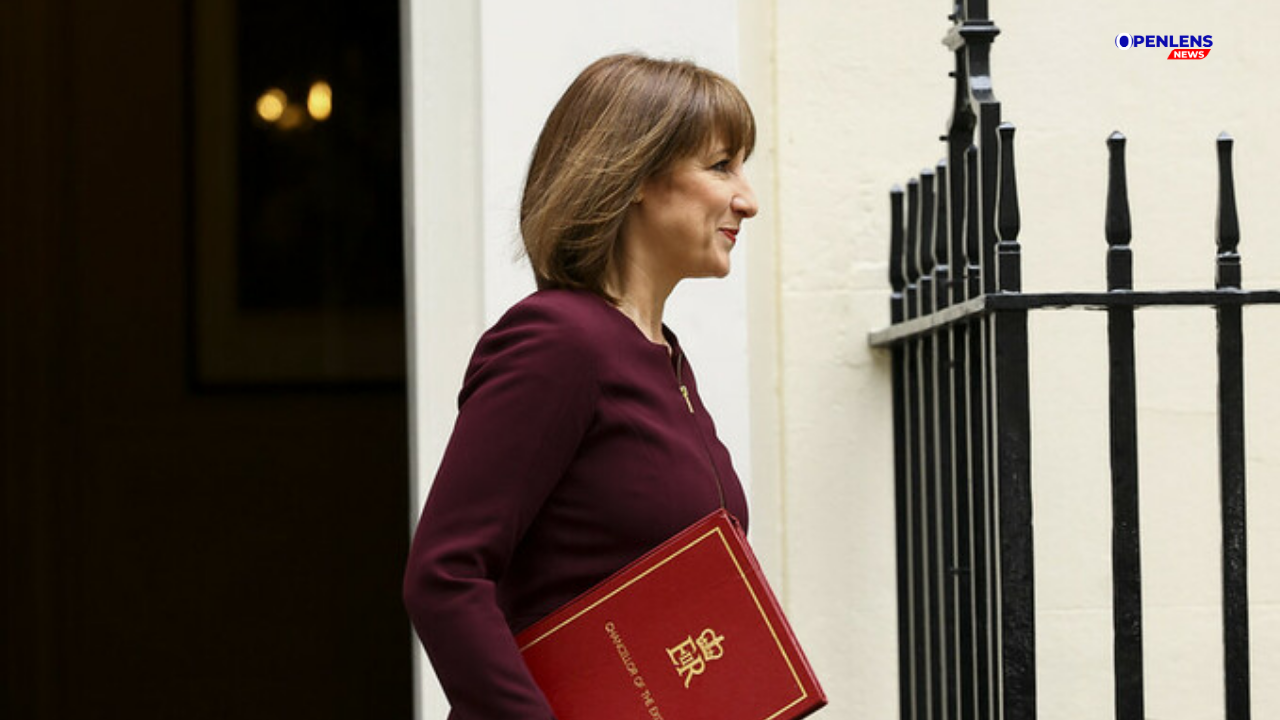Chancellor Rachel Reeves has made it clear that driving economic growth is her top priority. Her latest move includes unlocking £113 billion in capital investment over the next five years, aimed at upgrading housing, transport, defence, and nuclear energy. It’s a big bet on infrastructure and productivity, but one that some experts believe the Treasury, in its current form, may struggle to support.
The new fiscal rules allow for more flexibility, especially with capital spending projected to peak at 3.9% of GDP by 2027–28. While this represents a boost compared to recent years, critics argue it’s still not enough. After that peak, spending is expected to fall again, and many warn that without a structural shift in how economic policy is managed, these efforts could lose momentum.
Reeves wants to combine investment with reforms in planning, pensions, and trade to stimulate long-term growth. However, some economists say that the Treasury is geared more toward short-term budget control than nurturing sustainable, long-term economic development. The call for change has grown louder, with suggestions that the UK may benefit from creating a separate ministry focused solely on economic growth or strengthening the Prime Minister’s economic policy unit.
The International Monetary Fund has also weighed in, recommending a more flexible approach to forecasting and budgeting. Some think tanks are now pointing to models in other countries, where cabinet-level economic departments help drive industrial strategy more effectively.
Looking back at history, the UK once had a more decentralized approach to investment. In the Victorian era, major infrastructure like sewers, bridges, and transport were often financed locally through municipal bonds and regional taxes. That flexibility encouraged innovation and faster delivery, something that many believe the UK lacks today due to its highly centralized system.
Complicating the picture are external threats. The Confederation of British Industry warns that rising employment costs and new US tariffs could dampen UK growth, potentially limiting it to just over 1% in the next two years. In this context, Reeves’ plans face not only structural constraints at home but global headwinds abroad.
To support her agenda, Reeves has brought in new voices, including start-up champion Alex Depledge as an entrepreneurship adviser. It’s a signal that she wants the Treasury to think beyond spreadsheets and focus on nurturing real-world growth.
But bold investment alone won’t be enough. Without changes in how the UK plans, delivers, and governs economic strategy, even the most ambitious growth drive may fall short.



